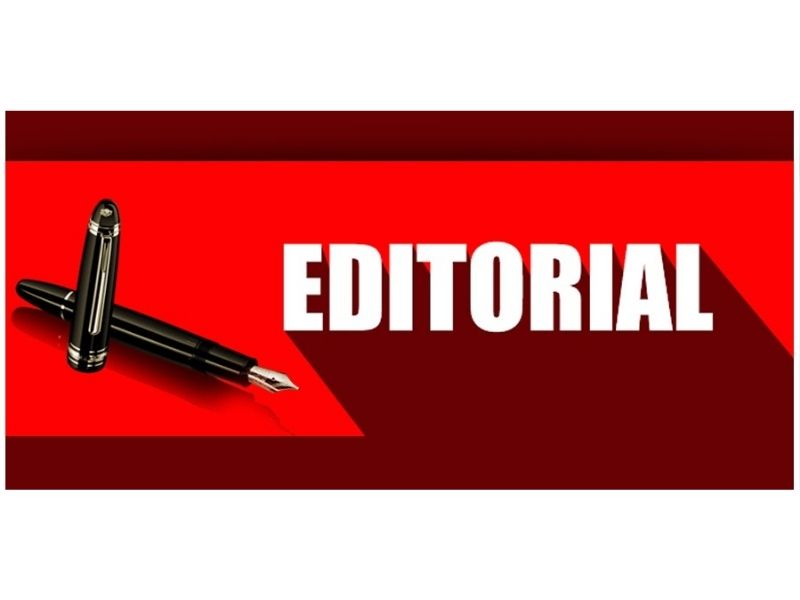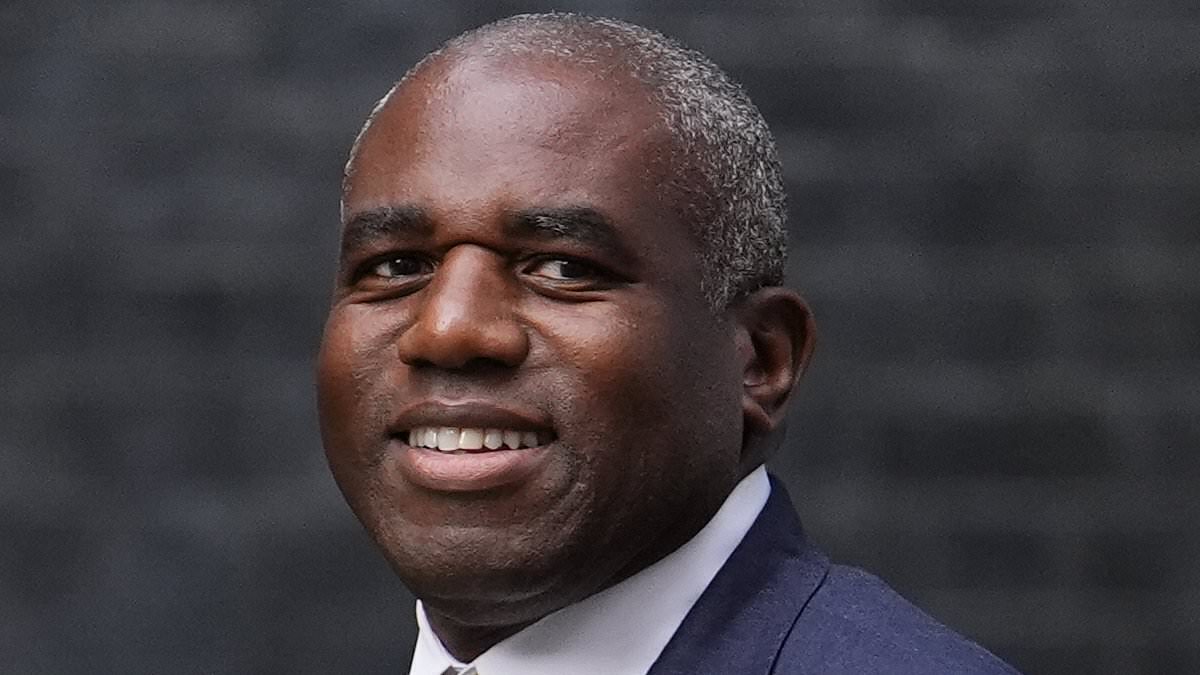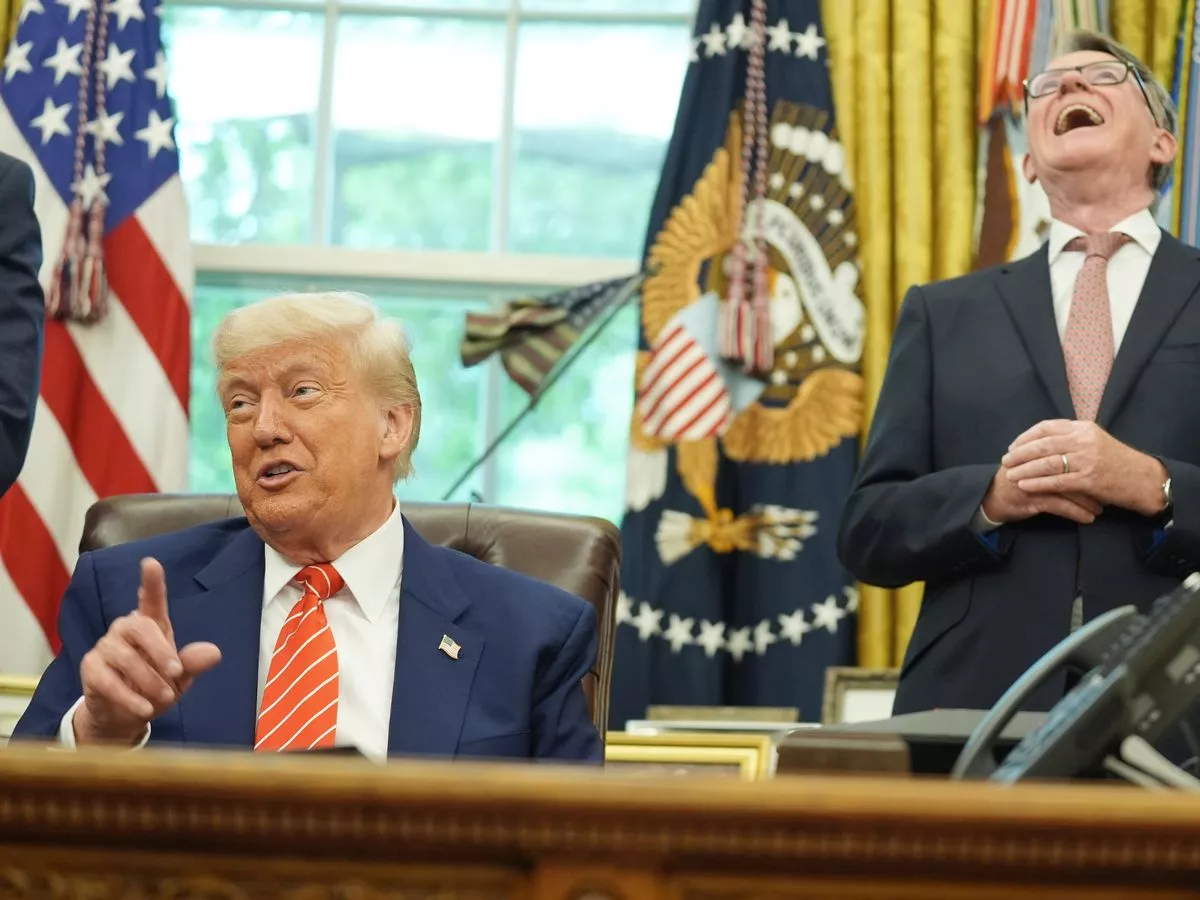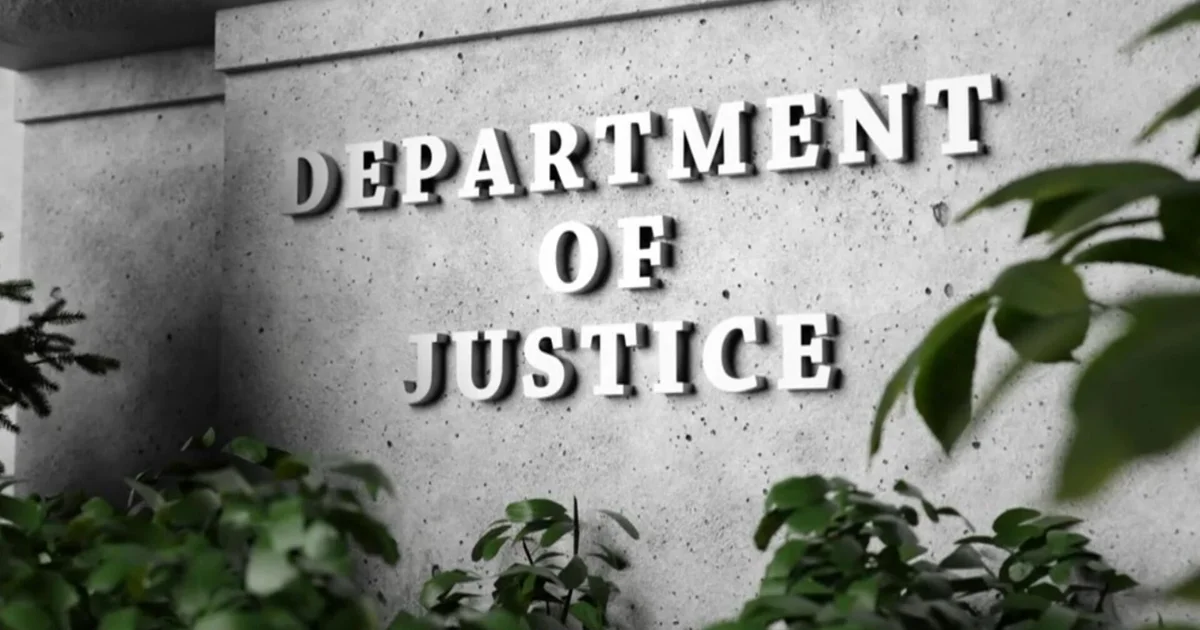By THE CHRONICLE
Copyright thechronicle

Recent reports indicate that the cost of securing the presidency in Ghana may reach as high as $200 million USD – a staggering figure that should provoke deep concern among all stakeholders invested in the future of our democracy.
Each election cycle exposes a dangerous and growing trend, the escalating cost of political participation. From exorbitant campaign expenditures to monetised party primaries and widespread vote-buying, the financial barriers to entry are spiraling out of control.
If this trajectory remains unchecked, it will not only marginalise qualified candidates lacking deep pockets, but also entrench corruption as elected officials seek to recoup campaign expenditures once in office. This threatens to undermine the very foundation of Ghana’s democratic governance.
Fortunately, the 1992 Constitution provides the Electoral Commission (EC) with the necessary mandate to regulate political financing and supervise political parties. But constitutional authority must now be translated into decisive action. Ghana’s democracy cannot afford complacency.
Article 55(14) of the Constitution clearly empowers the EC to oversee political party funding. This is not merely a bureaucratic responsibility it is a fundamental democratic imperative. The Electoral Commission must leverage this authority fully to confront the corrosive influence of money in politics.
Central to this task is the enforcement of financial transparency. Political parties and candidates must be compelled to disclose their sources of funding and detail campaign expenditures openly. These disclosures should be accessible to the public to build trust and deter illicit financing, including money laundering and foreign interference.
Such transparency must go beyond mere paperwork. The Electoral Commission should establish a publicly accessible financial disclosure platform and enforce robust penalties for non-compliance, including fines, suspension or disqualification of offenders.
Moreover, the EC should advocate for legislated spending caps on election campaigns, applicable at all levels of government. By collaborating with Parliament and civil society actors, the Commission can help define reasonable limits that level the playing field and reduce undue financial pressure on candidates.
In addition, the Commission must regulate third-party campaign financing to prevent candidates from circumventing spending limits through allied organisations or individuals.
Media exposure is another significant driver of campaign costs. The EC, in partnership with the National Media Commission, should mandate free and equitable airtime for all qualified candidates on state-owned media outlets. This intervention will ensure fair visibility and competition, mitigating the advantage of candidates with greater financial resources.
Furthermore, the Electoral Commission must enforce strict prohibitions on the use of state resources for partisan purposes. Abuse of public assets—such as government vehicles, staff, and facilities—by ruling parties during campaigns undermines democratic fairness and must be decisively curtailed.
The high cost of politics is also perpetuated within party primaries, where candidates often expend vast sums to secure nominations. The Electoral Commission should monitor internal party processes, encouraging political parties to adopt transparent, inclusive, and affordable nomination mechanisms. Internal democracy must not become a commodity for sale to the highest bidder.
Addressing the cost of politics demands collaborative efforts. The E.C. should work closely with anti-corruption agencies like CHRAJ, EOCO, and the Auditor-General’s office to track, investigate, and prosecute violations of electoral finance laws.
Equally vital is civic education. Many voters expect or accept inducements because they lack awareness of the long-term damage these practices inflict on governance and national development. The EC must partner with the National Commission for Civic Education (NCCE) and civil society organisations to enlighten citizens on the dangers of monetized politics.
The escalating cost of political participation is not simply an economic challenge – it is a direct threat to the health and sustainability of Ghana’s democracy. Without urgent intervention, our elections risk devolving into auctions where wealth, not merit or ideas, determines leadership.
The Electoral Commission must rise to the occasion. Through unwavering commitment to transparency, regulation, collaboration, and public education, the E.C. can restore integrity to Ghana’s political system, making it less about money, and more about service to the people.



